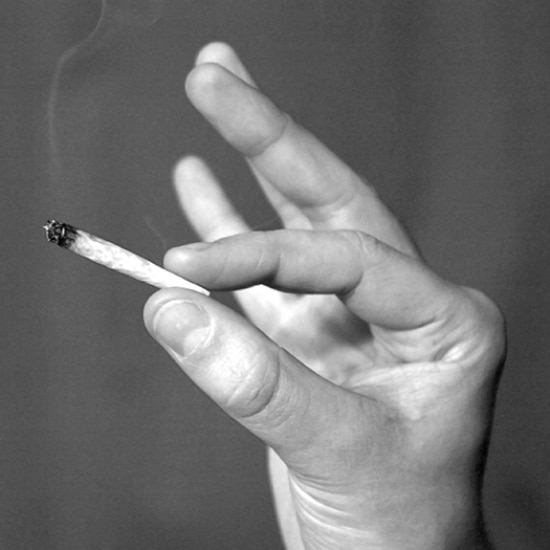ALISON ROACH
The Peak (Simon Fraser University)

Did Washington and Colorodo open up the floodgates when they voted to legalize the possession of up to one ounce of weed? Since when did the U.S. have more progressive drug laws than Canada? This is so ass-backwards.
BURNABY (CUP) — On Nov. 6, the states of Colorado and Washington passed ballots that reduced the regulation of the recreational use of marijuana, raising interest from advocates about the possible impact of the decision in British Columbia.
A 55 per cent majority of voters in Washington approved legalizing the possession of up to one ounce of marijuana by anyone over the age of 21.
Pot legalization has been a longstanding dispute in B.C. and this change in policy down South has strengthened the cry for similar action here in Canada.
Prime Minister Stephen Harper’s reaction to the news was discouraging for proponents of legalization.
“I won’t speculate about what it means south of the border, but the government of Canada has no intention of opening the issue here,” he said.
B.C. premier Christy Clark has also stated that she does not support legalization and believes it is a federal matter.
One of the leaders of the decriminalization movement in British Columbia is Sensible B.C., a campaign that calls for decriminalization through the Sensible Policing Act, which would lead B.C. police forces away from spending time, money or resources on simple cannabis possession cases. The organization hopes to gather enough signatures to take the act to a provincewide referendum.
Dana Larsen, who sits on the board of directors for Sensible B.C. and is a former editor of Cannabis Culture, commended Washington state’s decision in an interview with CBC News.
“We need to follow the example put forward by Washington state to end prohibition, to legalize it,” he said.
Robert Gordon, director of Simon Fraser University’s School of Criminology, said the referendums mark a significant step in how marijuana use is treated in North America.
“It’s kind of ironic that we’ve always said the reason that we don’t have liberal marijuana laws is because of the U.S. — the fear of the repercussions,” he said.
“Seems that we got that one wrong.”
Gordon also asserted that the changes to marijuana laws in Washington don’t constitute legalization or decriminalization per se, but instead introduce a new regime of regulation and taxation.
Gordon also said he believes the referendum has put more pressure for the similar changes to take place in B.C., but it will be somewhat contingent on what happens in Washington over the coming months.
“People will realize that the sky doesn’t fall, we’re not going to be stumbling across the bodies of thousands of addicted marijuana users,” he said.
Gordon doesn’t believe that B.C. will feel an economic impact, since marijuana is not a recognized export, but said that there will be changes to the way illegal product moves.
He pointed to the possibilities of local growers picking up the holes left in the Washington market.
Gordon said a similar action in B.C. wouldn’t mean an enormous change to the province’s residents’ marijuana habits.
“If you’re doing it you’re going to do it, and you’re going to continue to do it, it just won’t be as exciting.”
To pass their referendum, Sensible B.C. will have to gather signatures from at least 10 per cent of registered voters in every one of B.C.’s 85 ridings by September 2014. Sensible B.C. plans to start collecting signatures in the fall of 2013.
“The current polling would suggest that there’s support for a taxation and regulatory system, and as long as there can be guarantees about keeping it out of the hands of kids, and as long as there’s some concrete indication that this is a good revenue source for government, and you don’t need as many police officers chasing phantoms around the bush… then people will be inclined to vote for it,” Gordon said.
“I mean really, it is pretty ridiculous. It is. I mean, I use caffeine and alcohol, but I look at this and think, ‘This is daft.’ ”
—
Photo: Torben Hansen/Fllickr
Leave a Reply